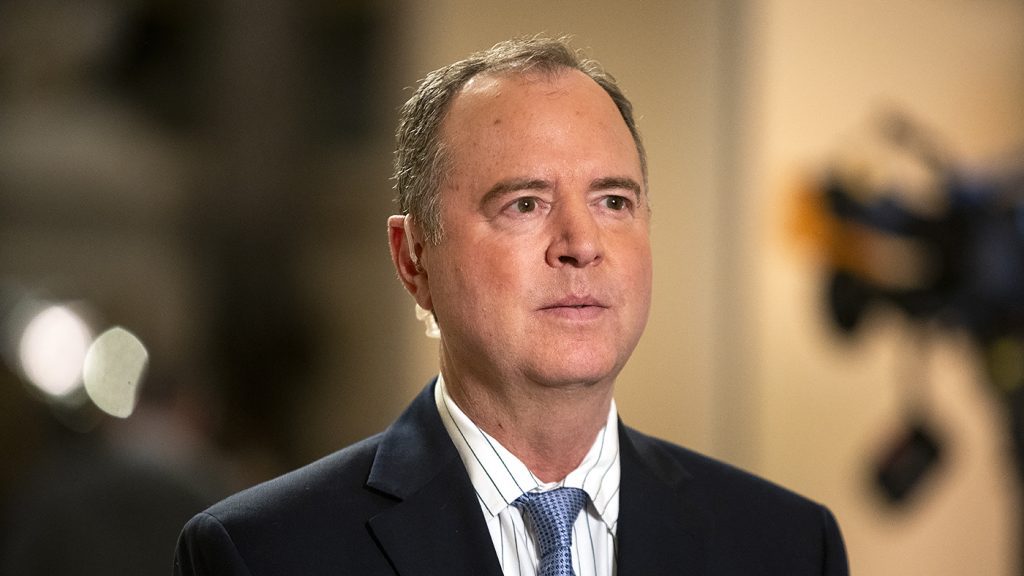Rep. Adam Schiff (D-Calif.) introduced a bill on Tuesday that would make companies using copyrighted material to train their generative artificial intelligence models disclose all the work they used for this publicly.
Known as the “Generative AI Copyright Disclosure Act,” the bill would mandate individuals creating training datasets or making significant changes to one to send a notice to the Register of Copyrights containing a detailed summary of any copyrighted works used, along with the URL for any publicly available material.
The bill would require the notice to be submitted no later than 30 days after the AI system becomes available for public use. It would also apply retroactively to AI systems already publicly available, and they would have 30 days to submit the notice once the bill takes effect.
The Register of Copyrights would then make an online database with all the notices available to the public.
Schiff described the legislation as striking a balance between supporting innovation and respecting creativity in a statement.
In a statement, Schiff said, “AI has the disruptive potential of changing our economy, our political system, and our day-to-day lives. We must balance the immense potential of AI with the crucial need for ethical guidelines and protections. My Generative AI Copyright Disclosure Act is a pivotal step in this direction.”
Additionally, Schiff added, “It champions innovation while safeguarding the rights and contributions of creators, ensuring they are aware when their work contributes to AI training datasets. This is about respecting creativity in the age of AI and marrying technological progress with fairness.”
The bill arrives amidst heightened worries about the harmful impacts of AI on artists and content creators, whose work is often used in creating the generative AI systems.
Last week, more than 200 artists – including Billie Eilish, Nicki Minaj and the Jonas Brothers – wrote an open letter urging tech companies, AI developers and digital music services to cease using AI due to concerns about its impact on artists and songwriters.
They criticized “some of the biggest and most powerful companies” for using artists’ work without their permission to train AI models and create AI-generated sounds that would significantly decrease the royalty pools paid to artists.
The open letter recognized the enormous potential of AI to advance human creativity when used responsibly. It also voiced concerns about its irresponsible use posing threats to privacy, identities, music, and livelihoods.
The letter coincided with mounting worry about the impact of AI on actors and artists. In Hollywood, both the SAG-AFTRA union, which represents actors, and the Writers Guild of America, which represents writers, fought for and obtained protections from AI during contract negotiations.
Rep. Adam Schiff (D-Calif.) introduced a bill on Tuesday that would make companies using copyrighted material to teach their generative artificial intelligence models reveal all the work they used to do so. The proposed law, named the “Generative AI Copyright Disclosure Act,” would mandate individuals creating training datasets – or engaging in any substantial… won protections from AI for their unions during contract negotiations last year.









